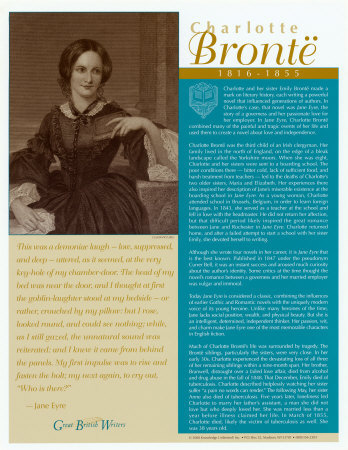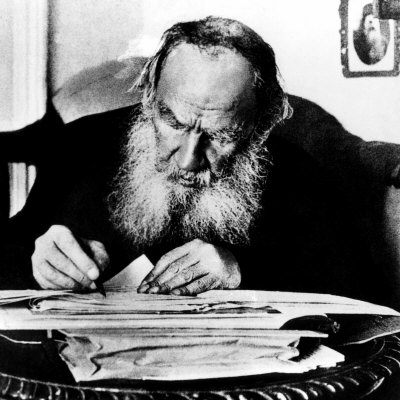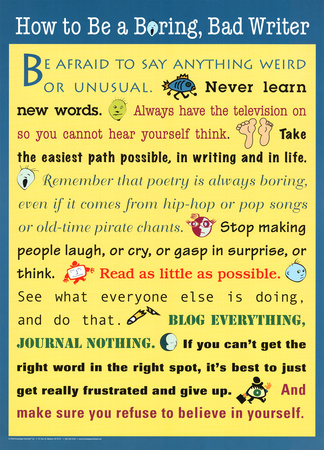As you may have gathered, these are not to be viewed as hard-and-fast rules and there are occasions when some or all of this advice can be ignored. It very much depends upon your characters and your story. However, the following should be borne in mind.
1. Characters’ Speech Should Be Natural
In order to maintain the believability of your fictional world, it is advisable to model your character’s dialogue on normal, natural speech. In order to achieve this, it’s a great idea to spend some time listening to people talk; on the bus, in a restaurant or café, simply listen to conversation and get a feel for various styles and rhythms of speech.
That said, there are some facets of natural speech that should be avoided, as you’ll soon see in the points below.
2. Does Your Character’s Dialogue Have a Purpose?
In natural conversation, people often chime in with essentially irrelevant comments. However, in fiction, if your character is speaking just for the sake of speaking, it may be worth removing the passage. Generally, dialogue should always have a purpose.
So if the speech says nothing about the character or does little or nothing to advance the story‘s plot, you may want to consider removing it. Of course, in some cases, the fact that a character jibbers on meaninglessly may be the trait you wish to present (think Mrs Bennett in Pride and Prejudice), which is fine, but beware that this may make the character annoying or dislikeable.
3. Steer Clear of Clichés
Typically, authors are always on the look out for clichés and avoid them at all costs. However, it can be easy for a dialogue cliché to slip beneath that well tuned radar. Essentially, if it’s cheesy and seems contrived, your reader will instantly be able to see you at work - the thing we’re trying desperately to avoid.
Unless it is obvious that the cheese-factor is part of the character, in which case that needs to be clear in other facets of his or her representation, any kind of cliché is best avoided.
4. Avoid Excessive Hesitation
Again, depending upon your character, you may want to throw this ‘rule’ straight out of the window. However, consider the way you and the people around you speak. Chances are, there are a lot of pauses, ‘umms’ and ‘errs’ - if you transcribed a regular chat, you would notice the jerky, clumsy speech and immediately notice how ugly it seems on the printed page.
Therefore, you should avoid too much of these habits. That's not to say 'umms' and 'errs' shouldn't be used, but I would recommend using them sparingly. If you do choose to use them frequently, for one particular character, to illustrate his or her hesitancy as a personality trait, then it’s a good idea to avoid it in the story's other characters.
5. Get to The Point
Wherever possible, it is a good idea to avoid long, rambling passages of dialogue. Unless, of course, this is character-based. Usually though, in a basic fictional conversation, you’ll find that when editing your work, several words, or perhaps even whole sentences can be trimmed without losing the meaning. So, unless you have a specific reason for setting your character off on a longwinded monologue, it is a good idea to keep things as short and sweet as possible.
6. Make Sure The Words Suit The Character
While listening to others' conversations, you’ll have noticed the individualism of each person's speech habits. Consequently, you need to ensure that each of your characters has his or her own unique voice. It’s essential that they don’t all ‘sound’ the same, because, for a reader, that can become tideous very quickly.
Therefore, it can be very helpful to think about your character; where he or she is from, their culture, what accent they may have, possible speech impediments etc., etc. Make sure that any and all of these individual traits are reflected in the character’s dialogue. For example, if your protagonist is a working-class, London girl, who drops her aitches, make sure you write with this in mind. “Oi, I ’ad that!”













 How to Avoid College Debton 07/31/2014
How to Avoid College Debton 07/31/2014
 Was Charlotte Bronte Jealous of her Sister Anne?on 07/15/2014
Was Charlotte Bronte Jealous of her Sister Anne?on 07/15/2014
 Whose Side is Cancer Research UK on?on 07/06/2014
Whose Side is Cancer Research UK on?on 07/06/2014
 A Plot Summary of Electra by Sophocleson 07/05/2014
A Plot Summary of Electra by Sophocleson 07/05/2014


Comments
Thank WiseFool, that is very helpful. Pinned it to my writing tips board on Pinterest, so that I can find it again, SY
Hello Sam, glad you found it helpful.
In regard to your question, there's no right or wrong method, and you can, usually, tell if it's going to seem clunky by reading it aloud. However, I would recommend using a nice broad variety of verbs: 'wailed', 'mumbled', 'stuttered', 'snapped'. And, I'd also advise making sure that it's necessary to signpost who is speaking. If it's obvious who's doing the talking, don't bother with anything at all. For example, you're writing a scene with two characters: Bill and Ben, it could go a little something like this:
"I don't know why I have to wear the feather boa," Ben grumbled, folding his arms across his chest.
"Because I wore it last time."
It can only be (or is very likely to be) Bill who responds, so there's no need to add, 'Bill replied'. That can help to break up the repetitiveness of 'he said', 'she asked', etc, etc.
Hope that helps! And thanks again.
Great and very helpful article, but I do miss information about the point on how to integrate dialogue seamlessly in the text. He said: '...' She answered '...' then both said unison '...' are obviously bad examples, but what would be good ones?
Hello PDXJPrice, thanks for the comment. I may have to rewrite that passage, because I certainly didn't mean that "umm" and "err" shouldn't be used - just that it shouldn’t be overdone. There's a fine line between writing dialogue that reads 'naturally' and dialogue that reads well. A normal conversation can make for very ugly reading if it is transcribed, so an author has to walk a fine line (for my money, anyway).
good article. I have always done pretty well with dialogue. I read my parts out loud and I use a lot of contractions and slang, In my career as a proofreader editor and critic, the number one turn off for me is stiff or bad dialogue. I do disagree with you on using words like "umm" and "err" Listen to how people talk... these kind of nonsense words are natural and add a realism to speech. Just don't over use them. One of the masters of dialogue is Quentin Tarantino who says that :when people talk, they just talk. they don't talk about the plot."
Overall, very good advice. Sharing. Take care!
Thanks, Lucyl. Glad to hear that the information is useful. When I found the 'bad writer' poster, it made me chuckle, so had to share. Of course, it's also very true.
A very helpful guide. really like the how to be a bad writer bit.
Thanks, Jo. I had never made the association between the Welsh and Yoda before, but you're absolutely right!
I agree with every word of this! As for listening to how things are said, I'd also add that you should pay heed to a person's place of origin. For example, Welsh people structure their dialogue a little like Yoda. (I'm convinced that he's Welsh!)
I'm so glad that you're writing in this section too. It needs to be filled with guides. :D